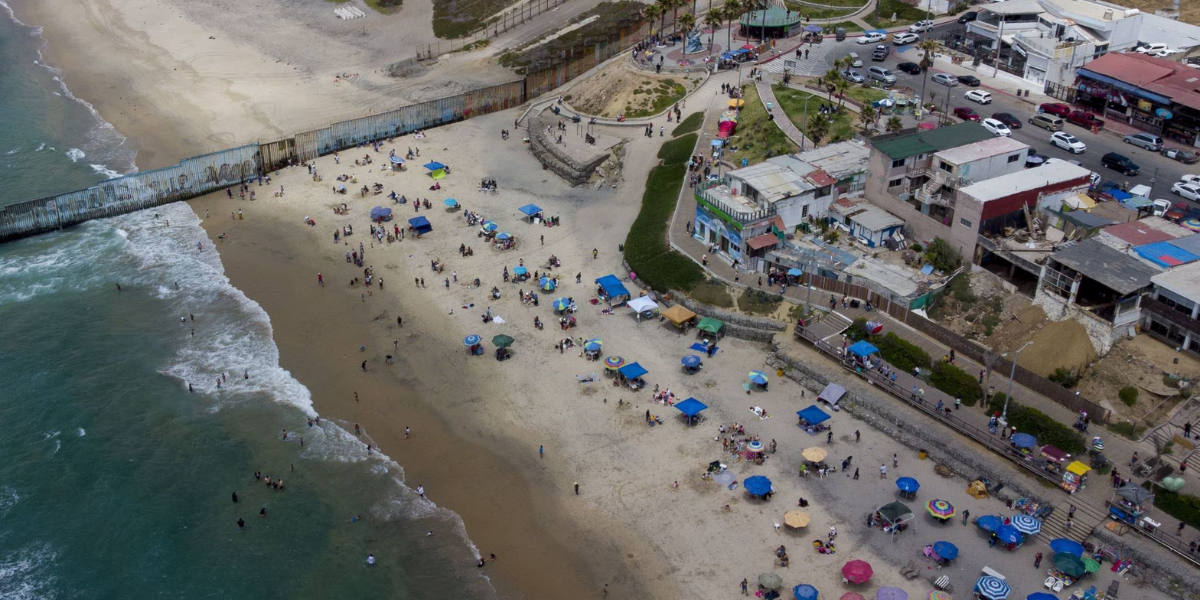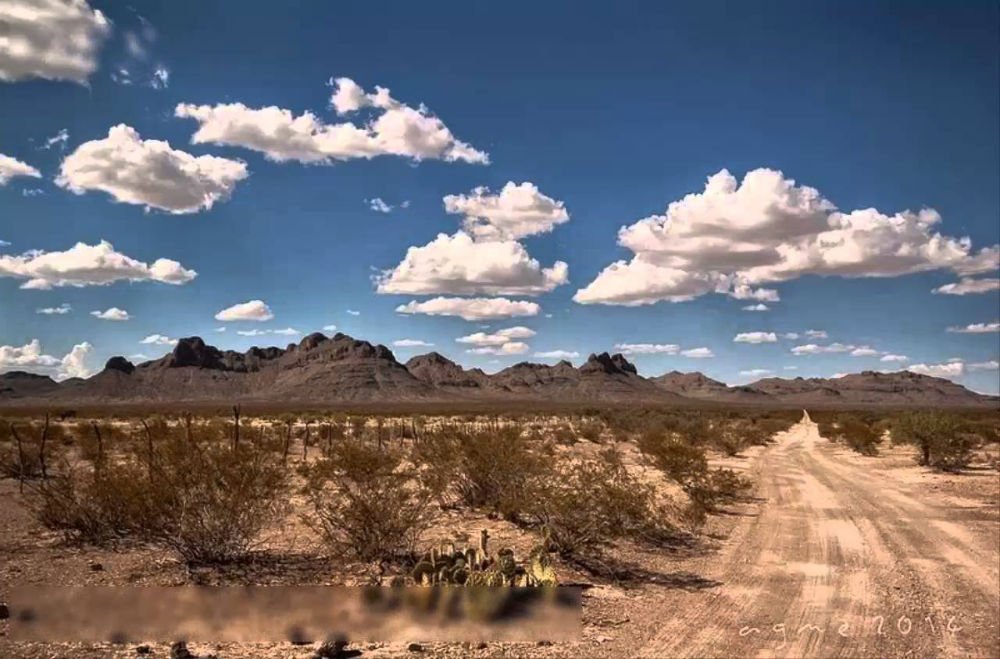The Border Environmental Education Project will initiate a project to conduct a water quality study in Tijuana beaches, aiming to inform the community about the ongoing pollution.
The Border Environmental Education Project, founded in 1991, which is dedicated to promoting citizen participation and alliances to drive environmental practices and policies in the transborder region, along with the Permanent Binational Water Forum, created a project to analyze the water quality of the. Tijuana beaches and the erosion that is affecting the coast of Tijuana.
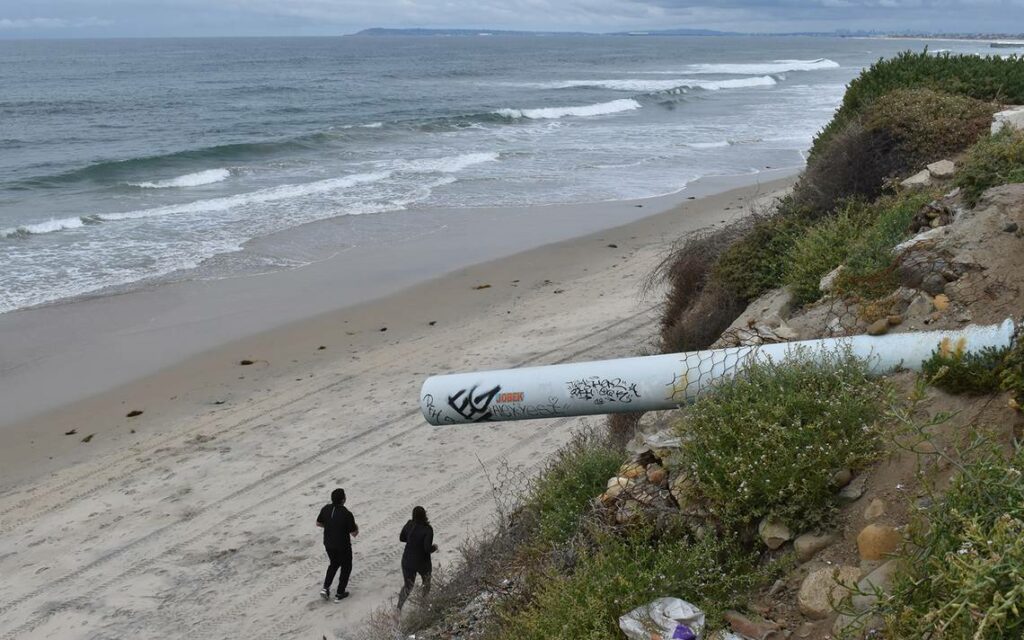
In a continuous effort to preserve and protect the natural environment, this association has been working tirelessly to promote citizen participation and establish alliances that foster environmental practices and policies in the transborder region of Baja California.
More on the topic
Weekly, a team of environmental advocates collects samples at various points along Tijuana beaches as part of a water quality monitoring program that has been ongoing for years.
Pollution of Tijuana beaches is a binational concern.
The nonprofit organizations Border Environmental Education Project and Permanent Binational Water Forum are collaborating with the goal of expanding the mentioned program and making the collected information available to all interested parties.
This project is part of a series of twelve initiatives that received funding as part of the Binational Resilience Initiative, stemming from the collaboration between the San Diego Foundation and the International Community Foundation.
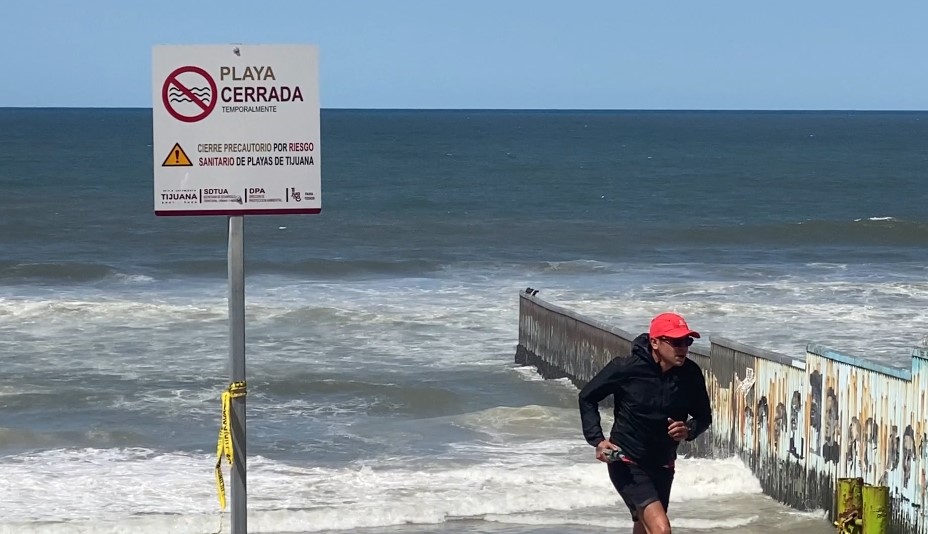
At the end of July, this initiative awarded $1,000,000 in grants to various nonprofit organizations in Mexico and the United States, with the aim of “conserving, researching, and enhancing the resilience of the Cali-Baja coastal region.”
The Border Environmental Education Project, based in Tijuana, and the Permanent Binational Water Forum, headquartered in Texas, with a presence along the Mexico-US border, have come together to secure a sum close to $100,000. These funds will be allocated for the creation of a platform that enables the dissemination of information related to water quality and coastal erosion.
Plans of the Border Environmental Education Project and the Permanent Binational Water Forum
As part of this initiative, data will be collected not only from Tijuana beaches but also from Rosarito and Imperial Beach. The project leaders aim for the community to be able to make well-informed decisions regarding what occurs in the area.
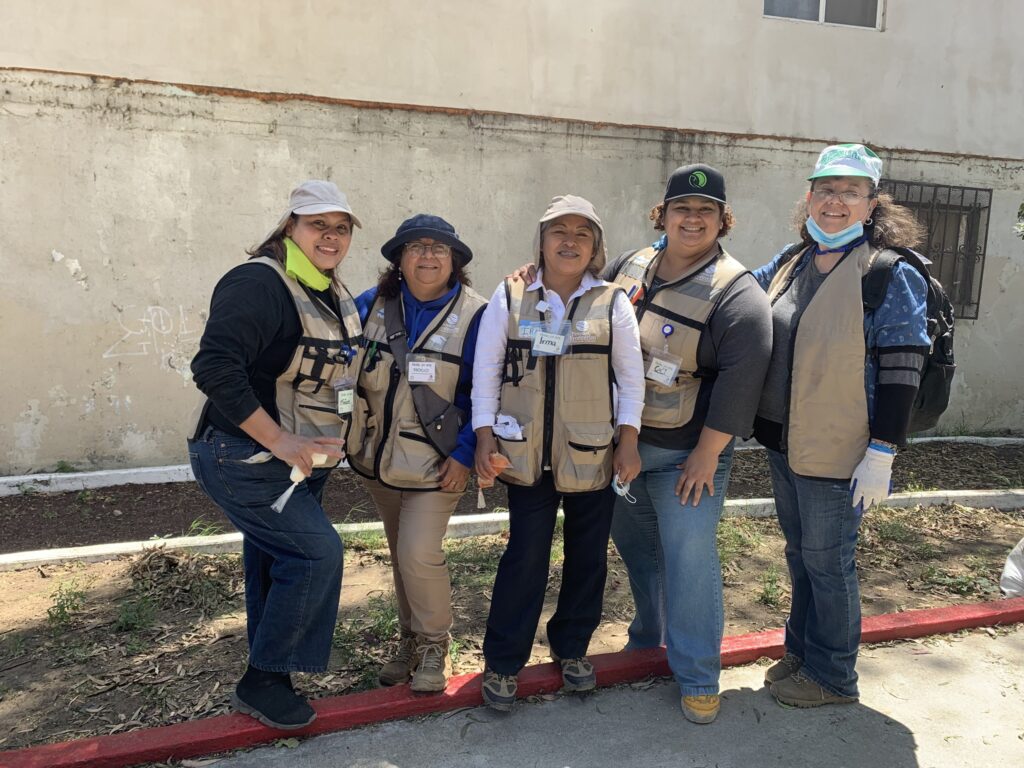
“Everyone knows that the beaches are contaminated. But the idea of the project is to measure it, and what makes it interesting is that it’s done in a binational way,” commented Erick Velázquez, director of the Permanent Binational Water Forum.
He added that having clarity on this issue can lead to more public policies being proposed, in addition to providing residents of the area with relevant information about beach quality. This way, they can make decisions about whether to visit them or not, depending on the time of year.
The Border Environmental Education Project has been conducting continuous water quality monitoring for several years. Initially, the monitoring shared with the population only determined whether the water was suitable or not for recreational activities.

However, over time, the decision was made to expand the focus by incorporating the use of social media to provide people with greater access to this information. They also began providing detailed information about the levels of enterococci present in the water.
In Mexico, a beach is considered unsuitable for recreational activities if the concentration of enterococci exceeds the maximum limit of 200 per 100 milliliters of water. In Tijuana, according to Margarita Díaz, director of the Border Environmental Education Project, there may be days when they exceed the maximum allowed by thousands.
Do you know of another project like this?
sources: San Diego Union-Tribune, Tijuana Innovadora, El Sol de Tijuana






